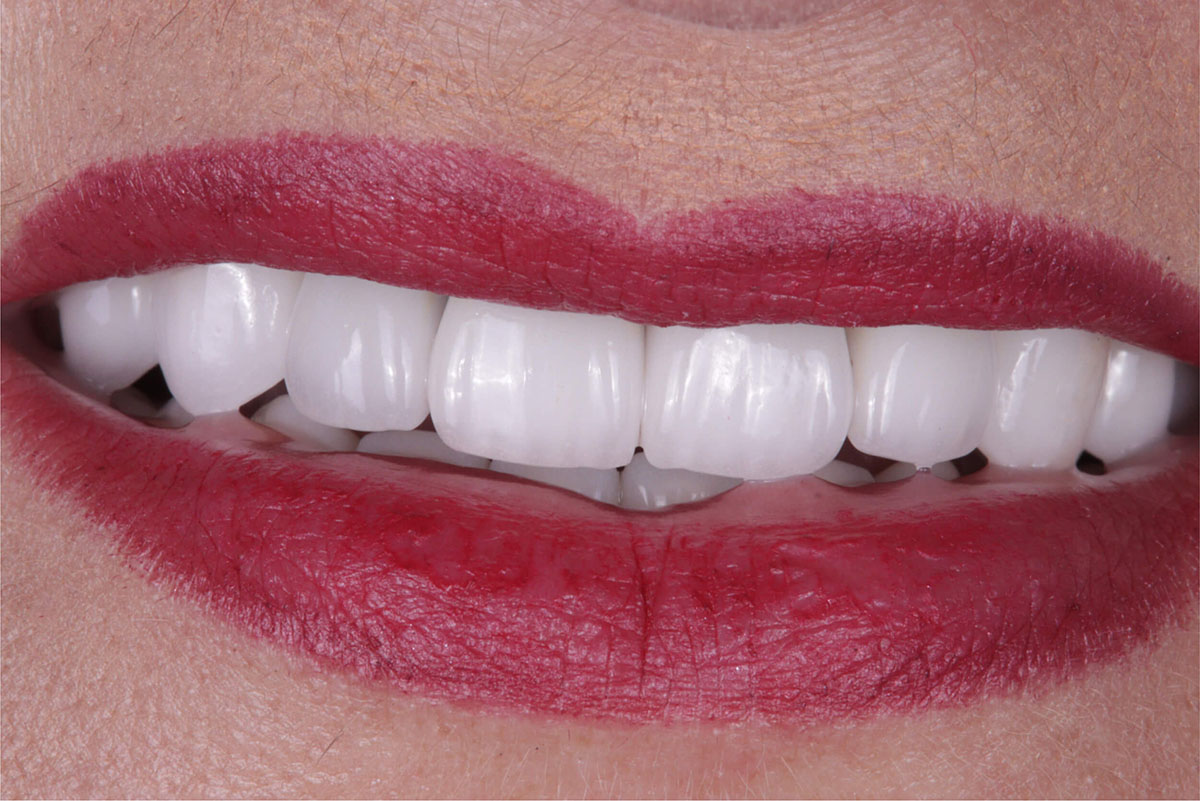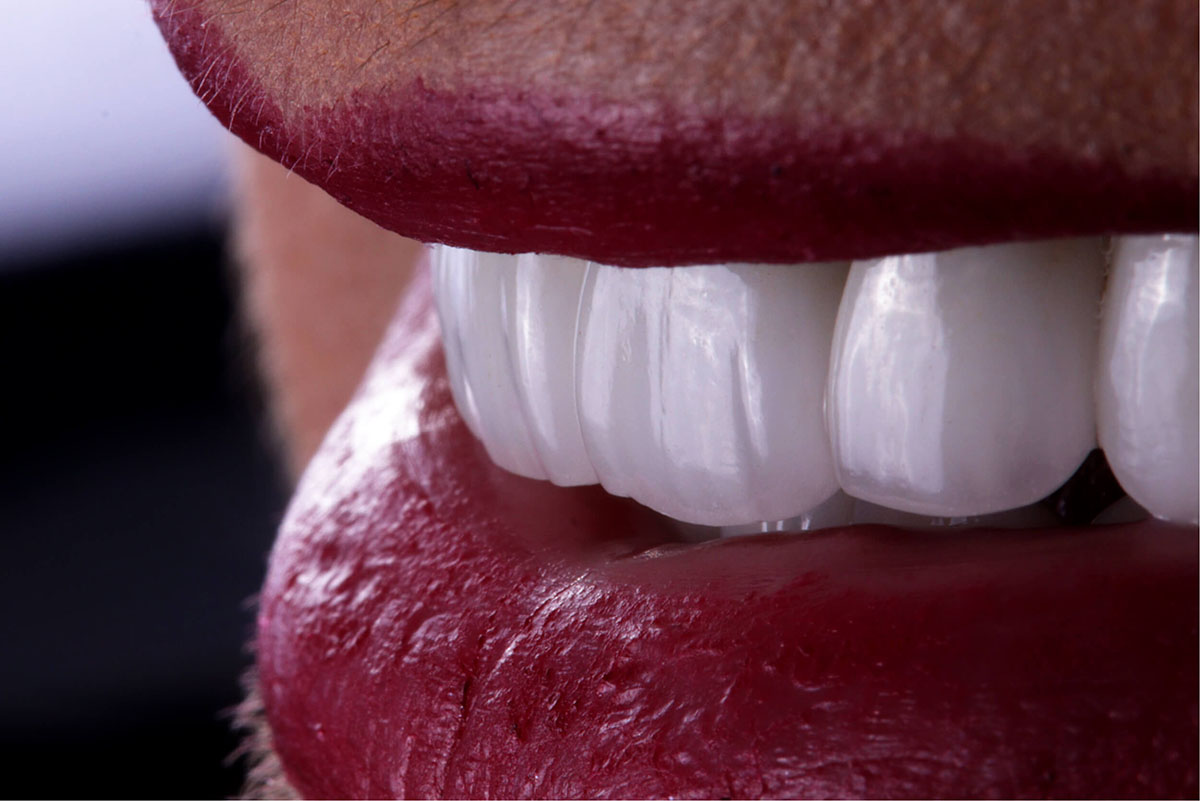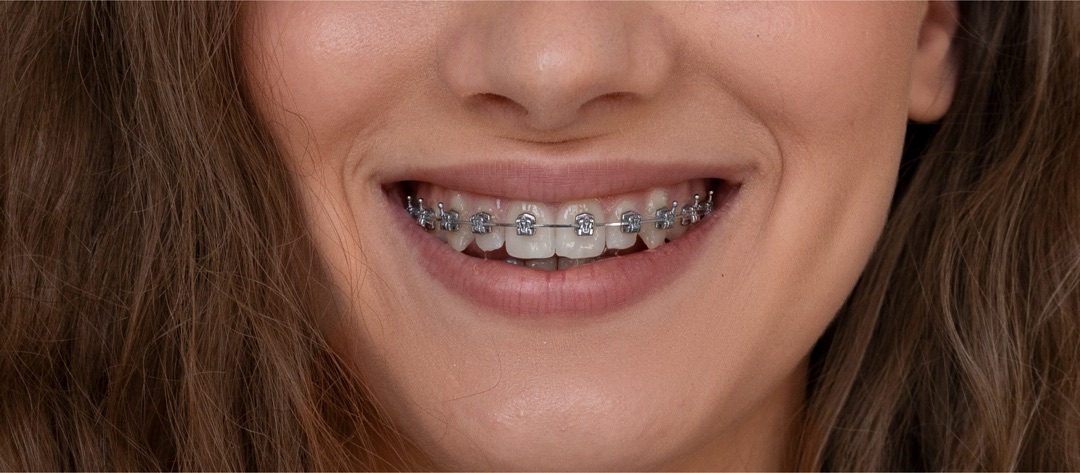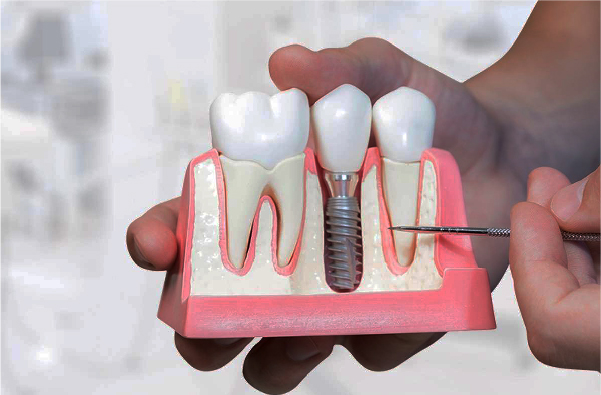Everything, that we need to know about veneers

Veneers are installed to improve the appearance of teeth and to correct their shape, color or position. These are thin plates attached to the front surface of the teeth, and they can conceal various aesthetic imperfections, such as: ● Darkening or discoloration of teeth that cannot be removed by whitening And now let’s talk more about veneers in detail. As we have already known, they are special overlays attached to the teeth. They can be used to adjust shape, hide enamel cracks, correct irregularities, give the teeth white color and so on. The installation procedure is completely painless and has virtually no contraindications, so it is suitable for almost everyone. However, a comprehensive dental examination should be done before installing veneers. There are several types of veneers, which differ in their composition, lifespan, and cost. They include: ● Ceramic veneers Lumineers are a separate type. They are thinner plates and do not require additional enamel reduction. The lifespan of veneers depends on the material, care and other factors. On average, quality veneers can last from 10 to 15 years, sometimes even longer. 1. Type of Material ● Ceramic Veneers: Made from ceramic or porcelain, these veneers are highly durable and stain-resistant. They typically last 10 to 15 years, maintaining their original appearance, color and shape. ● Composite Veneers: These are cheaper and faster to make but usually last 5–7 years as they are more prone to wear and discoloration. Unlike ceramic veneers, composite veneers can sometimes be repaired in cases of minor damage. 2. Quality of Installation The dentist's qualifications and quality of installation impact the lifespan of veneers. Proper preparation of the teeth, precise installation and secure bonding significantly increase their durability. Therefore, it’s important to choose an experienced dentist. 3. Care and Lifestyle ● Veneers require the same care as natural teeth. 4. Regular dental check-ups Regular visits to the dentist help to identify any issues early on and extend the lifespan of the veneers. Pluses ● Comfort – a person quickly adapts to the veneers and does not experience discomfort while wearing them. Minuses ● Non-removable – veneers cannot be removed, only lumineers can be taken off. By following the dentist’s recommendations and visiting the dental center regularly, veneers will provide only benefits. The cost of veneers internationally ranges from $150 to $500 per tooth, while veneer prices in Armenia are much lower. For example, in Yerevan, veneers typically cost between $4,000 and $6,000 for 20 teeth. We hope this article has helped you learn more about veneers. If you have any questions or would like to schedule a consultation at MaryClinic, our team is always ready to help.What are veneers installed for?
● Chips, cracks or irregularities on the teeth
● Gaps between teeth
● Minor misalignments of teeth that do not require orthodontic treatment
● Composite veneers
● Zirconia veneersHow long do veneers last?
● Zirconia Veneers: These can last from 15 to 20 years, longer than both composite and ceramic veneers.
● Avoiding harmful habits, such as smoking and frequent consumption of staining beverages (coffee, tea, wine), helps preserve their original appearance.
● Avoid excessive pressure on the teeth.Pluses and minuses of the veneers
● Aesthetics – veneers look natural.
● Resistance to plaque – the material does not change color.
● Safety – the veneers are made from hypoallergenic materials.
● Durability – with proper hygiene, veneers can last up to 20 years.
● Diet adjustment needed – since the edges of teeth exposed around the veneers can discolor from pigmented foods and drinks, dietary adjustments are necessary.
● Potential for tooth sensitivity – there is a possibility of developing tooth sensitivity.
How much does 1 veneer cost in Erevan?








